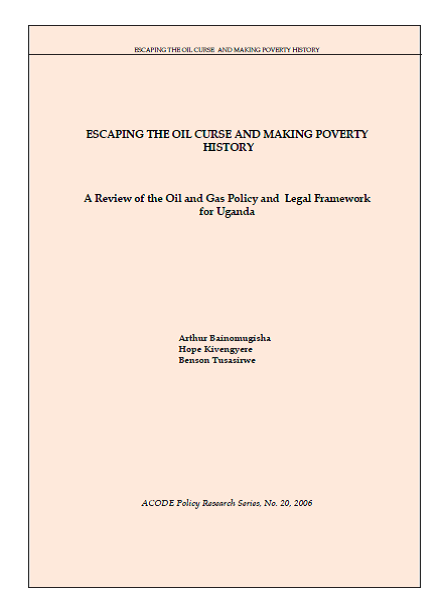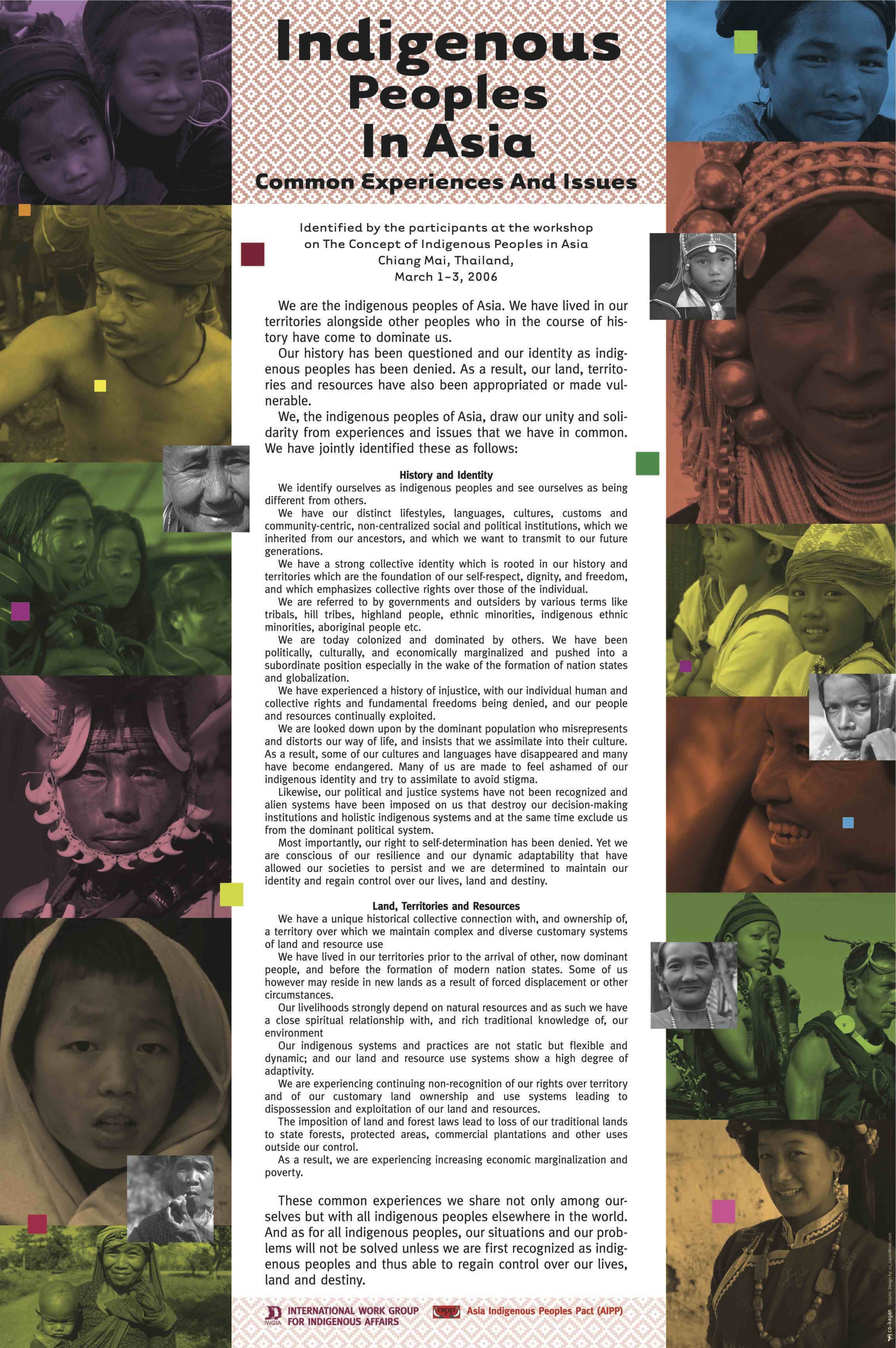Building on Gender, Agrobiodiversity and Local Knowledge – A Training Manual
This manual therefore aims to explore the linkages between agrobiodiversity, gender and local knowledge, and to show the relevance of doing so, within the context of research and development. This manual will not equip you with the skills needed to conduct participatory or action research at the field level, or provide guidance for research tools and methods. However, it is meant to complement existing manuals covering tools, methods and approaches, such as the FAO/SEAGA handbook material for socio-economic and gender analysis




